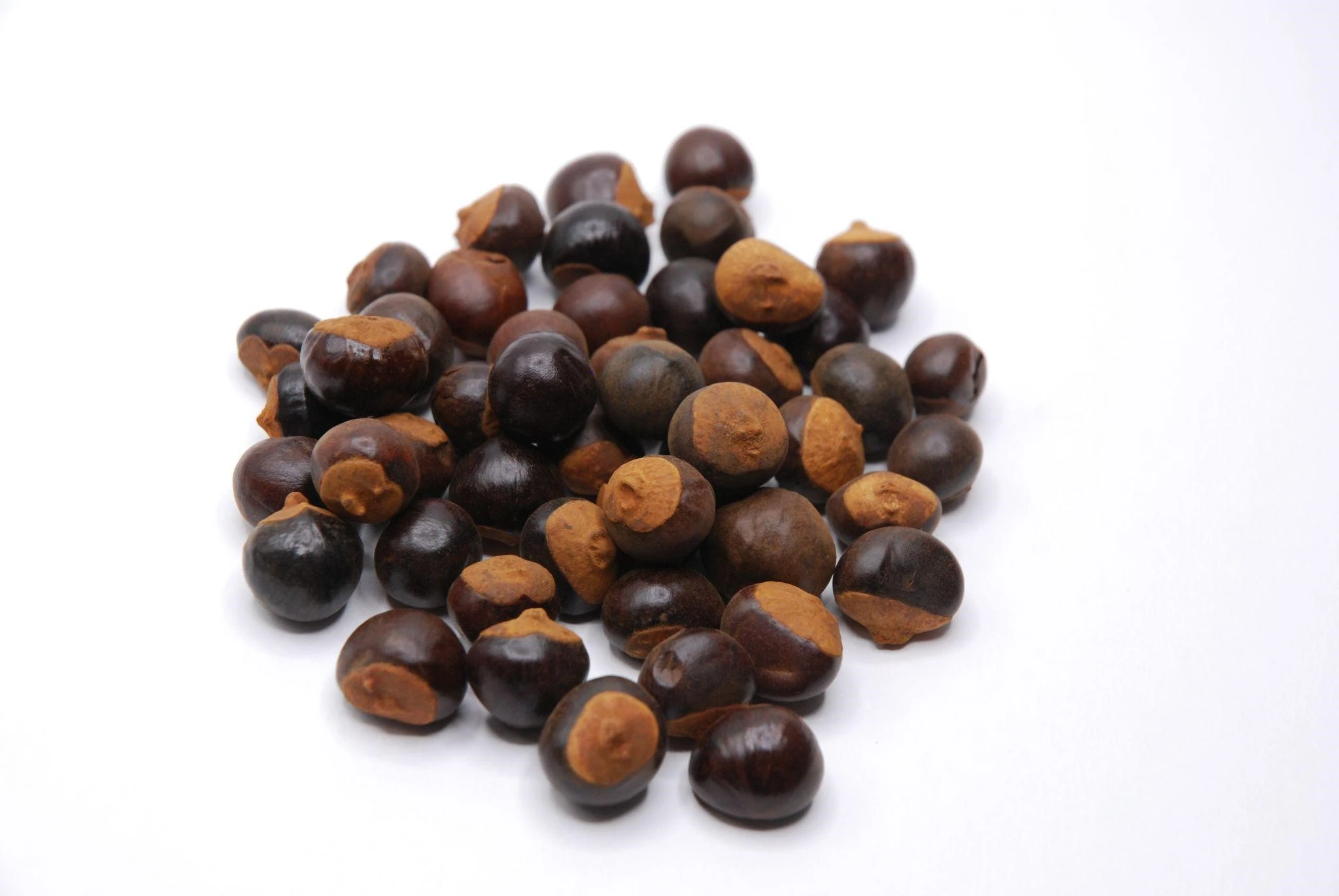Guarana, a fruit native to the Amazon region of Brazil, has gained international prominence and popularity in recent years. The internationalization of Guarana has been driven by several factors, including the growing demand for natural and healthy products, the expansion of the global market for energy drinks and the appreciation of the culture and traditional ingredients of different countries.

Guarana, with its flavorful and refreshing character, has been used for centuries by indigenous communities in the Amazon as a natural stimulant. Its fame and energetic properties gradually spread throughout Brazil and, more recently, to other countries around the world. With the increasing search for alternatives to conventional soft drinks and energy drinks loaded with sugar and artificial ingredients, Guarana has become an attractive option.
The internationalization of Guaraná is not just limited to beverages. Derivative products such as food supplements, chocolates and cosmetics have exploited Guarana's properties as a natural component to enhance physical and mental performance as well as general health and well-being.

This global expansion of Guarana has brought benefits not only to the food industry, but also to the local communities that grow and harvest the fruit. Internationalization creates work and income opportunities for farmers in the Amazon region, helping to preserve the rainforest and promoting sustainable trade.

É importante ressaltar a importância da preservação ambiental e do respeito às culturas tradicionais nesse processo de internacionalização. A sustentabilidade na produção e a valorização das comunidades locais são elementos essenciais para garantir que a expansão global do Guaraná seja benéfica tanto para a economia local quanto para o meio ambiente. Seguindo essa diretriz, Nat’Organico tem acompanhado diretamente os seus fornecedores parceiros, o que resultou em parcerias de longa data com pequenos produtores e cooperativas e em engajamento na elaboração de projetos direcionados à expansão do cultivo de produtos orgânicos, proteção de terras de comunidades locais, e obtenção de certificação Orgânica, destacando o potencial positivo da valorização do comércio sustentável de ingredientes tradicionais.
